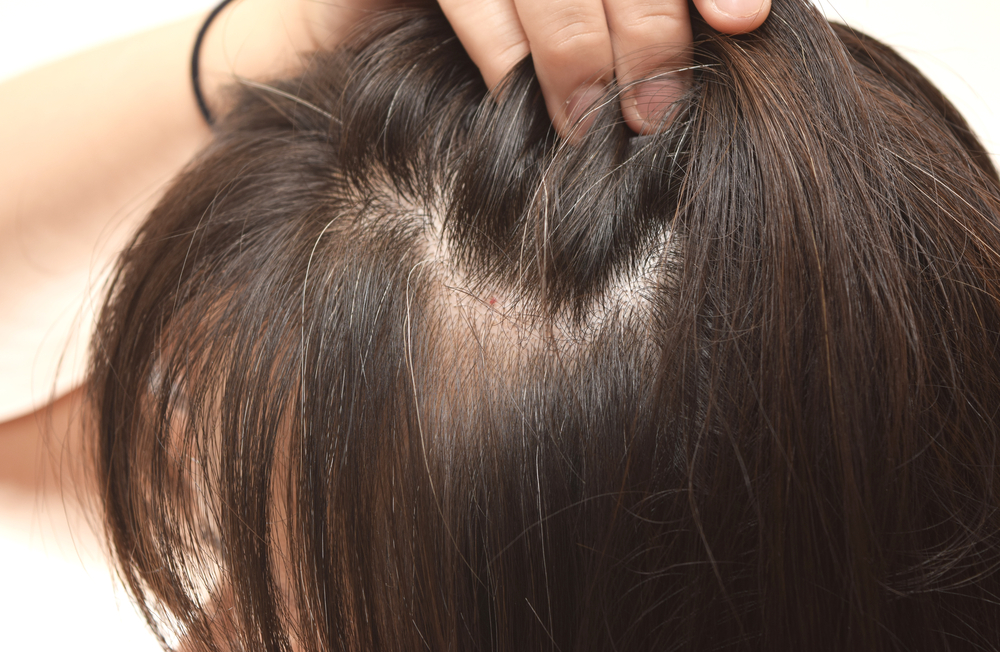Contents:
- Medical Video: Night Sweats Medical Course
- Is it really easy to sweat is one of the symptoms of HIV disease?
- Symptoms of HIV disease vary, depending on the stage
- How to diagnose HIV?
Medical Video: Night Sweats Medical Course
HIV (Human Immunodeficiency Virus) is a virus that weakens the immune system so that you become susceptible to disease.
Symptoms of HIV disease generally cannot always be detected until you have an HIV test. However, some cases state that it is easy to sweat, especially at night, which can be a feature of HIV infection. Is that right?
Is it really easy to sweat is one of the symptoms of HIV disease?
HIV itself does not make you sweat easily. However, other diseases which attacks after the immune system is weakened due to HIV which causes symptoms to easily sweat, especially at night. However, there are also some things that cause you to sweat easily, including:
- Hormonal changes
- Diabetes
- Menopause
- Hyperthyroidism
- Sleep apnea or other sleep disorders
Night sweats in people with HIV more often when T cells (CD4) body of people affected by early HIV symptoms are below the 200 cell / mL number. Sweat can appear during sleep and without any physical activity.
It is important to know that experiencing excessive sweating at night does not necessarily mean you have HIV disease. To find out if you are HIV positive or not, it's best to consult a doctor and take an HIV test.
Symptoms of HIV disease vary, depending on the stage
Symptoms of HIV disease vary depending on the stage of the disease you are experiencing. The following are three stages of HIV disease and their general characteristics.
1. The first stage of HIV is known as acute or primary HIV infection, this is also called acute retroviral syndrome. During this stage, most people experience flu-like symptoms that may be difficult to distinguish, whether the flu is caused by respiratory infections or other conditions.
2. The next phase is the clinical latency stage. The HIV virus at this stage becomes less active even though it is still present in the body of people with HIV. During this stage, people do not experience any symptoms of infection, because viral infections take place at very low levels. The latency phase of HIV can last more than 10 years. Many people do not show symptoms of HIV during this time.
3. The last stage of HIV is the already severe stage. During this stage, the immune system becomes very damaged and prone to opportunistic infections (infections that attack people with weak immune systems). After developing, symptoms of HIV may already be seen clearly, for example:
- Nausea
- Gag
- Easily tired
- Fever
- Symptoms related to HIV itself, such as cognitive disorders that can affect the way people think about HIV.
How to diagnose HIV?
If you suspect that you are easily sweating because of HIV disease or other causes, immediately see a doctor and do not delay.
The doctor will do several tests. HIV screening tests are carried out to look for antibodies in the body that are infected with a virus. Antibodies are proteins that recognize and function to destroy foreign substances or particles in the body that are dangerous such as viruses and bacteria.
The presence of certain antibodies usually indicates an infection in your body. Some tests that might detect signs of acute HIV infection include:
- P24 test, antigen blood test
- The test looks at CD4 cell count and HIV viral load test
- Antigen tests and HIV antibodies











